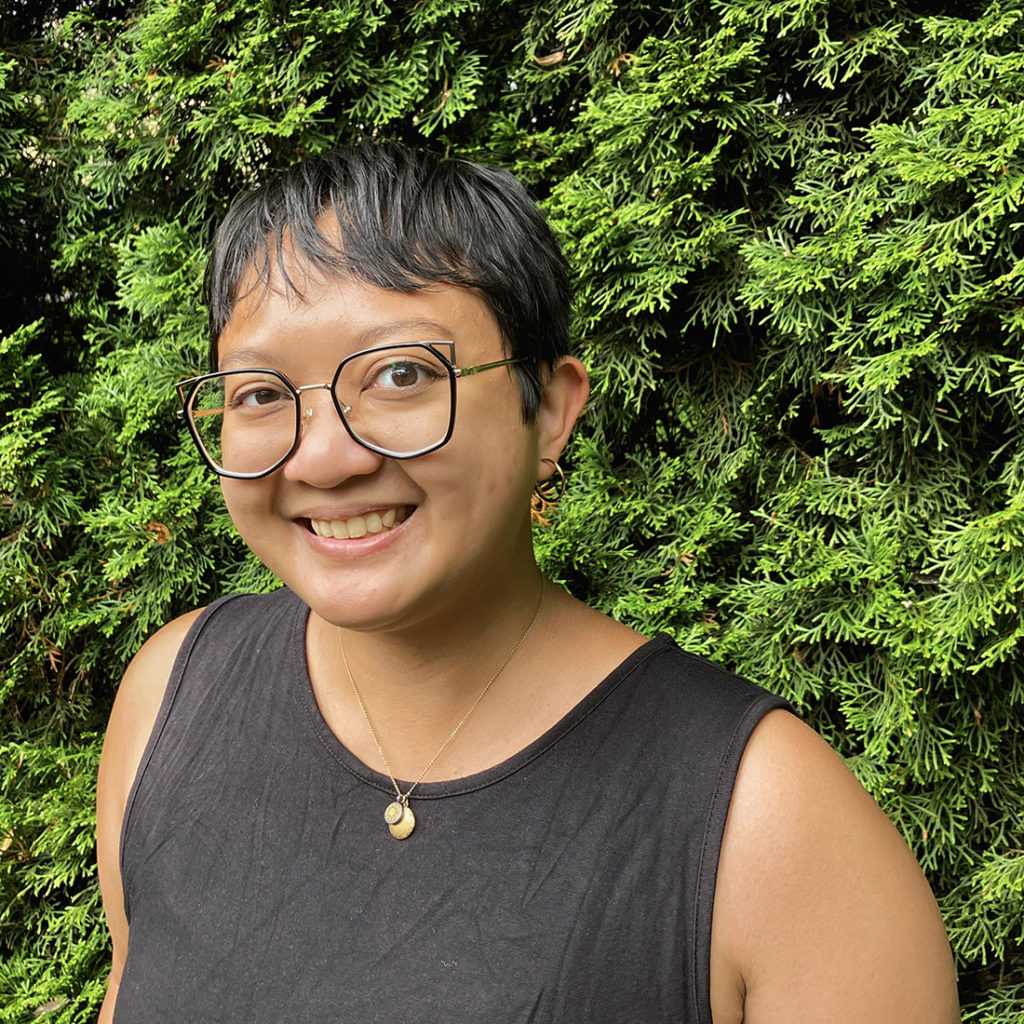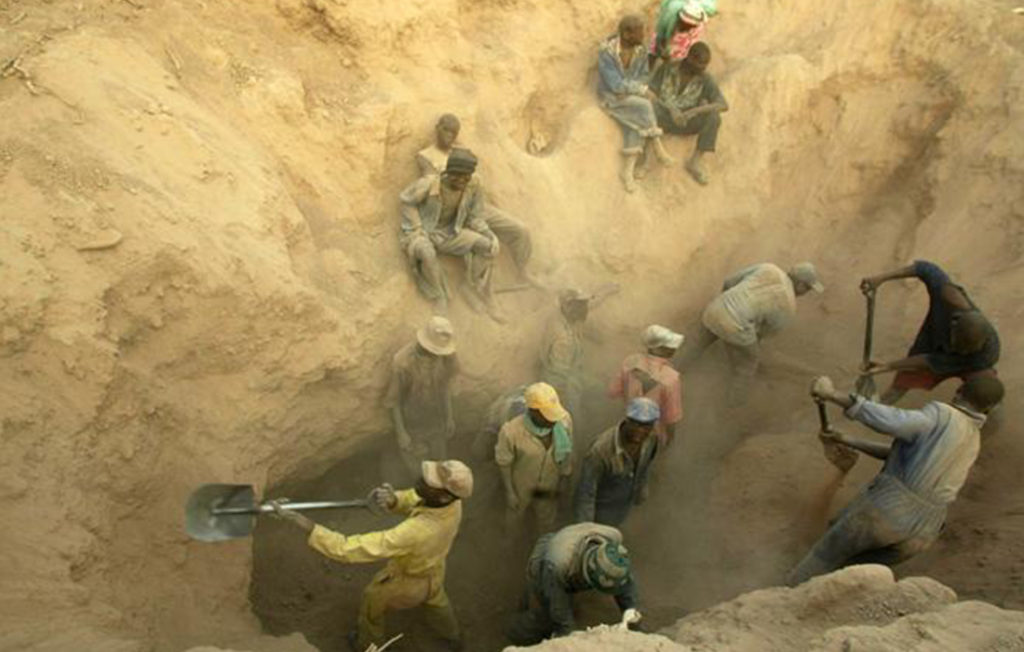
Dani Magsumbol
Dani Magsumbol
Dani Magsumbol received the Joseph Armand Bombardier CGS-Doctoral for her dissertation research, which is an investigation into the geopolitical and sociocultural transformation of citizenship as it has come to be shaped by labour brokerage states – and how this has affected citizens and families – using the analytic of the political economy of emotions. Focusing on the Philippines as a case study of long-term labour brokerage, her research examines citizen/ships, national/ism and identity formation via: the quotidian experiences of Filipino citizens-as-labour-migrants; transnational Filipino-Canadian families; identity formation in Filipino-Canadian cultural festivals and events; and the state itself through politics and legislation. In countries like the Philippines, which have taken on the long-term role of labour brokers in the global system, the status of citizenship continues to be shaped by the long-term conditions and expectations that surround labour outmigration, embedded as it is in neocolonial legacies of labour exploitation and geopolitical relations between labour-sending and labour-extracting states
Sanober Umar
Sanober Umar is a SSHRC IDG Principal Investigator for a project entitled, “Rethinking the Public Intellectual and Canadian Democracy in a Post Fact World.” While many thinkers have emphasized and valorized the figure of the public intellectual, revisiting such ideas and protecting academics-at-risk by ensuring certain practises which safeguard their research and well-being is the key to tackling emerging and growing challenges in the “post truth” era. Importantly, sustained attacks on scholars with little to no supports offered by universities can also compel scholars to self-censor or shift focus entirely. In this sense, universities can become complicit with racism and misogyny, and even threaten the prospects of a scholar’s work when they strive to explicate the site of the university as divorced from broader national and international politics rather than fulfill their mandate for research excellence by placing frameworks that allow for “free thinking” works to be produced. Therefore, this work interrogates (1) how scholars who are at-risk of academic persecution from the governments of their homelands/countries of origin face different and multiple forms of attacks and precarity in Canada, and ways to support them with adequate institutional resources and recourses in Canadian universities and (2) theorizing the role of the public intellectual and university commitments to academic freedom in the age of social media misinformation, competing nationalisms under multiculturalism, and right-wing global populisms.

Sanober Umar

Richard Saunders
Since the early 2000s, booming international minerals markets, disappointing national revenues and weak industrial spillovers from the mining sector have contributed to a rising wave of 'Resource Nationalism' in the Global South. In Africa, governments and domestic mining actors have increasingly focused on the question of how to harness the mineral sector's potential through taxation, local content, project co-management and other reforms. Typically, however, these national-level debates have been isolated from and mostly uninformed by each other. The evidence surrounding recent policy practices and their outcomes has been scattered, anecdotal and thin.
My work aims to address knowledge gaps on the dynamics which shape current policy-making processes, and support Southern African and Canadian policy debates by providing new evidence-based research from three prominent policy innovators in the past decade, Tanzania, Zambia and Zimbabwe. It explores contemporary African imaginings of Resource Nationalism, the responses of Canadian and other transnational mining corporates, and the resulting policy conflicts and development impacts. A key point of entry for my current research involves the interests and challenges faced by groups traditionally marginalized in resource governance debates—including small-scale miners, women-led mining operations and businesses, and rural mining communities. An overall objective is to strengthen national and regional policy outcomes by providing these mining constituencies with new research, training and capacity building support.
Since 2020 my research has been supported by two SSHRC projects, a Partnership Development Grant initiative, Resource Nationalism in Southern Africa: Policy Challenges and Emerging Opportunities, and an Insight Grant, Canadian Mining and Resource Nationalism in Africa: Contestation and Developmental Implications. Both initiatives entail close collaboration with African partners, emerging scholars and researchers, and their extensive research and advocacy networks in Southern Africa. The partnership development project is guided by a multidisciplinary team of five co-applicants, six partner organisations and eight African expert collaborators based in the three case study countries. The bulk of the research under the Insight Grant is being carried out by students, early-career scholars and civil society researchers in Africa and Canada. Both projects are committed to strengthening African scholarly research and policy networks, and deepening the capacities of the next generation of minerals sector researchers.
For more information, please visit our Resource Nationalism Partnership website: resourcenationalism.ca.

Learn More
The Graduate Program in Political Science at York is an exciting environment to pursue innovative, socially engaging, career-ready education. Contact our Graduate Program Assistant to learn more.
